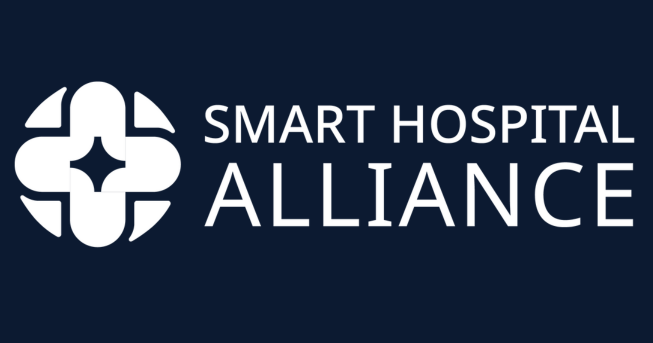Our Education
THE EDUCATION PROGRAMMES
The Smart Hospital Alliance is dedicated to equipping healthcare professionals in developing countries with cutting-edge knowledge and expertise in healthcare innovation. Through digital tools and global collaboration, Smart Hospital Alliance empowers professionals to connect with leading innovators and gain valuable insights.
Our educational initiatives—workshops, seminars, and training programs—provide hands-on learning about the latest digital solutions and best practices, fostering healthcare equity and enhancing patient care.
At Smart Hospital Alliance, we merge research and education to drive meaningful transformation in clinical practice and global health. Our faculty is committed to high-quality research and teaching, ensuring a dynamic synergy that advances healthcare worldwide.
EDUCATIONAL LEARNING FORMATS
XR Interactive
Surgery Education
Medical students can gain a deeper understanding of surgical procedures through immersive 360-degree XR surgical videos, which provide multiple perspectives of complex anatomical structures and surgical techniques.

Medical Twin for XR Class
Digital twin technology has the potential to revolutionize medical education by providing immersive, interactive simulations that replicate real-life clinical scenarios. This allows students to gain practical experience, refine their decision-making skills, and explore complex medical concepts in a risk-free virtual environment.

Virtual Medical Conference
The adoption of virtual medical conferences could revolutionize the medical conference market, enabling greater accessibility, reducing costs, and facilitating global participation, transforming the way medical professionals connect, collaborate, and share knowledge.

XR Surgical Education
Medical students can gain an immersive view of surgical procedures with XR surgical video, observing complex anatomical structures and techniques from multiple perspectives.

Medical Education
Digital medical education offers flexible and accessible learning platforms that enhance conventional methods. The incorporation of interactive simulations, virtual patient encounters, and personalized feedback optimizes learning outcomes and expands educational opportunities beyond traditional constraints.

Interactive Training Simulation
Interactive training simulations can improve medical education by providing hands-on practice in realistic scenarios, enhancing critical thinking, decision-making skills, and overall competency in patient care for doctors and nurses.

AR-Enhanced Digital Therapy
AR/VR digital therapy has potential in the medical industry as it provides personalized and immersive interventions that can enhance patient engagement, improve treatment adherence, and offer effective alternatives or complements to traditional therapeutic approaches.

